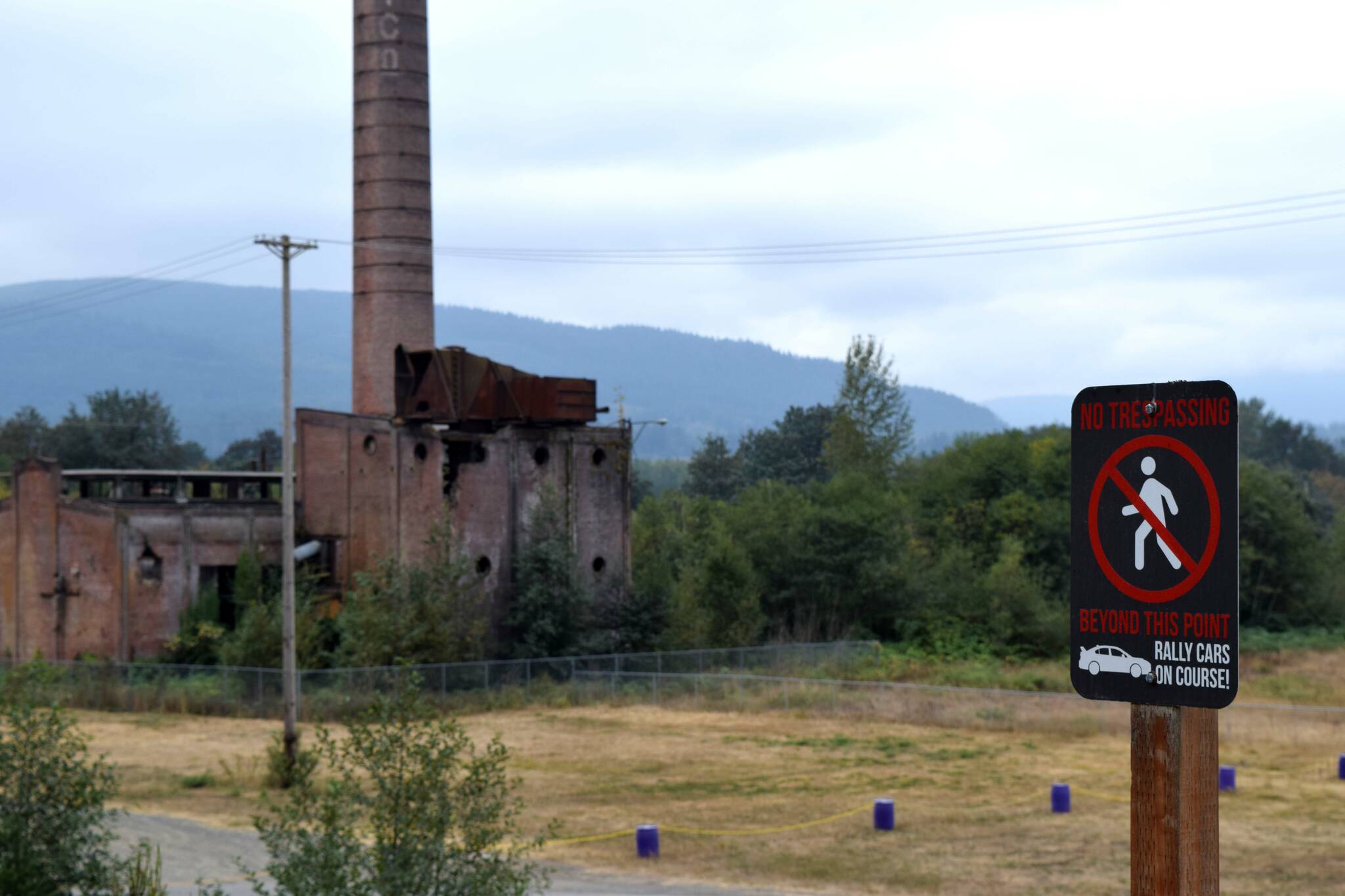Nearly a decade after its inception, the Snoqualmie Mill Site development project has cleared its last major hurdle, paving the way for permitting and construction to begin on the long discussed project.
In two unanimous decisions Monday, the Snoqualmie City Council approved the project’s master plan and a subsequent development agreement, allowing developers, Snoqualmie Mill Ventures, to begin applying for permits.
Both documents will guide the nearly two-decade-long development process that will build a planned community, similar to Snoqualmie Ridge, on a 261-acre, mostly vacant site that formerly held the Weyerhaeuser Lumber Mill.
After permits are approved, construction in phase one of the project is expected to begin in 2024.
City officials are hopeful the project will add economic vitality, provide funds to support a growing need for city services and clean up a currently contaminated site.
“The development will be positive for our local economy and I really appreciate the applicant coming forward over ten years ago with a vision and sticking with it,” Snoqualmie Mayor Katherine Ross said at the meeting Monday. “It will be exciting for our Valley.”
Over the last four months, Ross said, the Mill Site had been the subject of 14 council meetings, totaling 30 hours of deliberations.
“This has been a long process for those of us sitting on the council,” said Councilmember Rob Wotton. “[But] this development will bring vitality to a site that has been largely dormant for the last 20 years.”
When complete, the first phase of the project is expected to bring an additional $2 million in revenue to the city annually, according to developers. At full build-out that number rises to $5 million.
The first phase also adds additional multifamily housing to the city, bringing 160 apartment units, ranging in size from studios to three bedrooms. Per the development agreement, 22% of units would be income restricted, held at 60% and 8o% of the Area Median Income.
“This is a fantastic agreement for our community,” said Mayor Pro Tem James Mayhew. “Beyond just the affordable housing, even those [apartments] at market rent will create a much larger supply of housing, at a more affordable level, than our current prevalent single-family housing.”
The development agreement also includes provisions requiring two-thirds of the site to remain undeveloped and reserves front-facing store space mostly for retail businesses.
Current plans to develop the Mill Site date back to 2012, when the city annexed the property after signing a pre-annexation agreement with Mill Ventures. Steve Rimmer, owner of Mill Ventures, purchased the property in 2010 and currently uses the space for his rally car driving school, DirtFish.
Mill Ventures submitted the master plan for the Mill Site in 2017 and a Final Environmental Impact Statement (EIS) followed in late 2021.
This past summer, the EIS and master plan were both ruled legally adequate by an independent hearing examiner. The EIS had been challenged by the Snoqualmie Community Action Network, a small nonprofit composed of Valley residents.
Prior to Mill Ventures ownership, the site spent over a century as an active lumber mill run by Weyerhaeuser. Operations shuttered in the 1980s, but left a detrimental impact on the environment.
The property was left heavily contaminated and now poses a high risk to human and environmental health, according to a report last year from the Department of Ecology. The site will need clean-up and remediation prior to full build-out.
Rimmer and Mill Ventures have said they intend to fully clean the site, but the amount of time and resources that will take is currently unknown and requires further study, an Ecology spokesperson previously told the Valley Record.
“It is to our advantage to get this site cleaned up as fast as possible,” said Tom Sroufe, a representative of Mill Ventures. “Irrespective of a development proposal specifically, we want that site cleaned up.”
The now approved master plan proposes development at the site in three phases over a 10 to 15 year period.
All of the Mill Site’s known, or suspected, contamination is concentrated in the second and third phases, and would require cleanup. Development of the first phase, however, which lacks any known contamination, can proceed without need for cleanup.
The Snoqualmie Tribe and County officials have questioned this phased approach, over concerns of clean-up not being addressed in later phases. In a letter commenting on the draft development agreement, the Tribe requested clean-up of the entire site happen prior to development in phase one.
While the council did not go that far, they did adopt stricter environmental requirements in the final development agreement and requirements to consult with the Tribe.
Those requirements include developers submitting an environmental media management plan to the city and Ecology prior to “earth disturbance” in phase one. It also requires developers to begin a remediation plan for areas two and three prior to clearing and grading.


